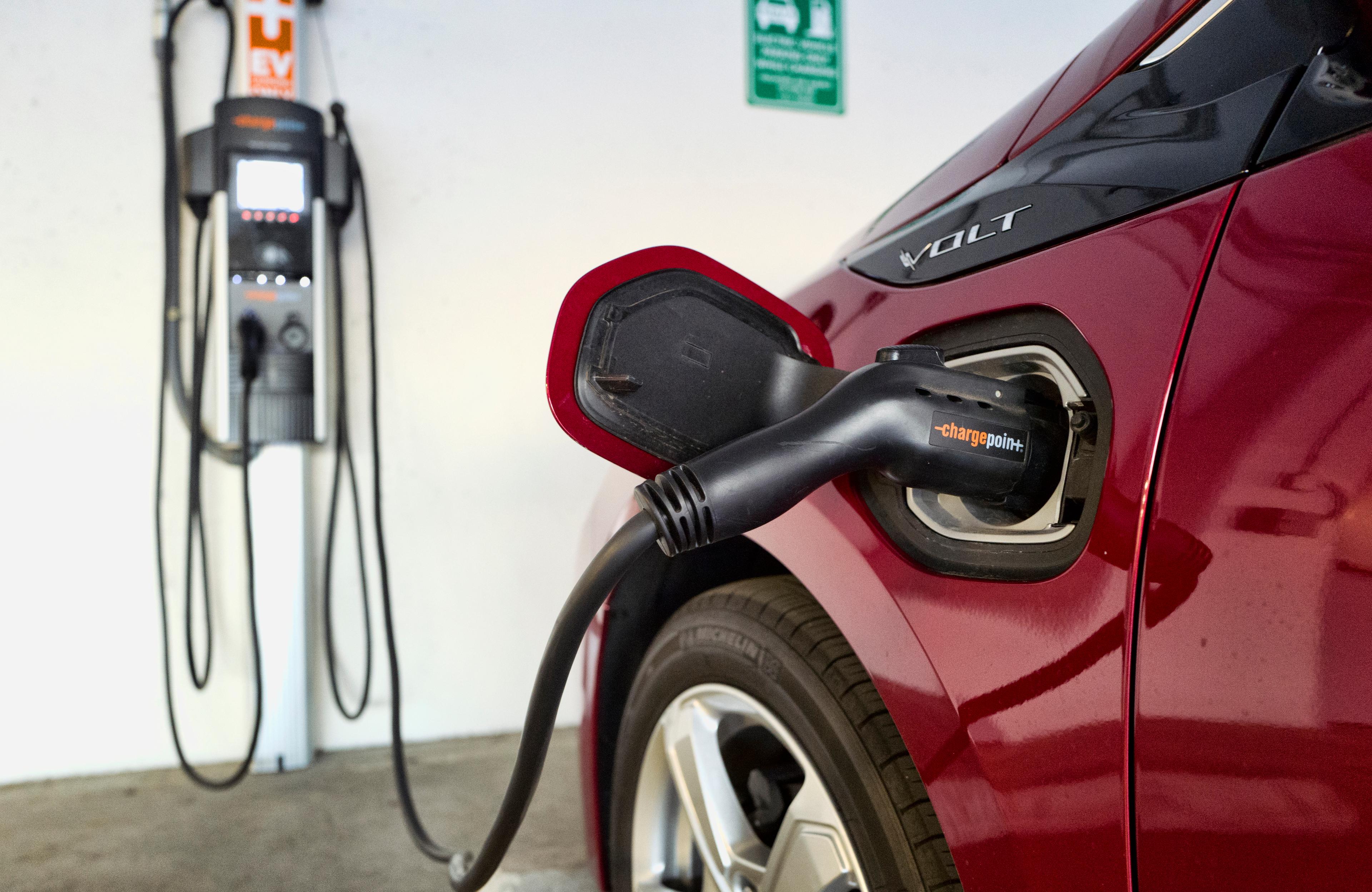
Colorado joined a multi-state lawsuit Thursday to stop the federal government from slamming the brakes on its plans to put more electric vehicles and clean trucks on its roadways.
The 11-state coalition filed the case against the U.S. Environmental Protection Agency in the federal district court covering northern California. The legal action comes the same day President Trump signed multiple resolutions seeking to end federal waivers allowing California to set its own vehicle emissions standards.
“Today, we’re saving California, and we’re saving our entire country from a disaster. Your cars are going to be thousands of dollars less," President Trump said at a White House signing ceremony.
In a press release, Colorado Attorney General Phil Wiser called the move a “breathtaking” attack on clean air, adding that the litigation is necessary to save the state’s plans to improve air quality, cut ozone pollution and give carbuyers more choices.
In the last few years, Colorado and California have emerged as the nation’s leading electric vehicle markets, with plug-in vehicles accounting for roughly a quarter of new vehicle sales. Tax credits and rebate programs helped drive the trend, but the state’s looming sales mandates pushed carmakers to develop more attractive models, said Travis Madsen, the transportation program director for the Southwest Energy Efficiency Project, a Boulder-based environmental advocacy group.
“I think it worked. One of the reasons there’s so many EVs available is Colorado and the other clean car states pushing manufacturers to make the cars Coloradans want,” Madsen said.
Federal law has historically permitted the state to adopt stricter rules due to its severe air pollution challenges. Other states can in turn decide whether to adopt those standards.
California has exercised its power to require a rapid shift to electric vehicles. Under rules approved in 2022, 35 percent of 2026 car models sold within the state cannot release emissions. The regulation then bans all sales of gas- and diesel-powered cars by 2035. A separate rule requires manufacturers to sell a rising percentage of zero-emissions trucks starting next year.
Colorado adopted its own version of both clean vehicle rules in 2023. While air quality officials opted against California’s requirement for a 100 percent EV market by 2035, the rules still require that 82 percent of all vehicles sold in the state are electric by 2032.
A similar clean truck sales mandate requires manufacturers to offer more zero-emissions trucks over the next few years. A separate rule cribbed from California requires gas- and diesel-powered truck engines to limit nitrogen oxide emissions, a key ingredient behind ground-level ozone pollution known to smother the Front Range every summer.
At issue is the legal mechanism behind the push to end the EV rules. The resolutions signed by Trump seek to revoke California’s waivers through the Congressional Review Act, a law allowing the U.S. House and Senate to overturn regulations issued by federal agencies.
In the past, however, the EPA has concluded the law doesn’t apply to California’s waivers since the special allowance counted as a “decision” rather than a “rule.” The Senate parliamentarian, a nonpartisan staffer who interprets Senate rules, agreed the law didn’t apply to the waivers.
Republican lawmakers took a rare step to overrule the assessment and pass the resolutions. The multistate lawsuit argues Congress overstepped its authority and asks the federal court to restore the clean transportation regulations.









